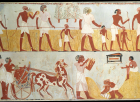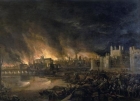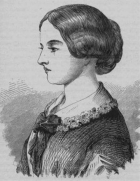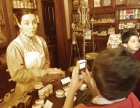Role
In some schools the subject leader or co-ordinator is a role without clear definition. This section looks at aspects of the role particularly in relation to curriculum overview, teaching and learning, progression in knowledge, skills and understanding, making the subject enjoyable and accessible for all types of pupil, assessing progress made by pupils through the school in manageable but valid ways, planning the deployment of a wide range of sources and resources, setting targets and development priorities within the whole school context.
-

Subject leaders: supporting colleagues to develop their subject knowledge
ArticleClick to view -

Ancient Sumer
ArticleClick to view -

From Home to the Front: World War I
ArticleClick to view -

Using cemeteries as a local history resource
ArticleClick to view -

Early Islamic civilisation
ArticleClick to view -

Assessment and Progression without levels
ArticleClick to view -

Viking and Anglo-Saxon struggle for the kingdom of England
ArticleClick to view -

Help! I am a new co-ordinator: when should I do what?
ArticleClick to view -

The Great Fire of London and the National Curriculum
ArticleClick to view -

OFSTED, primary history and creativity
ArticleClick to view -

Creating the 'creative history' website
ArticleClick to view -

Geosong: a transition project
ArticleClick to view -

Things to remember when planning history - one subject leader's list
ArticleClick to view

